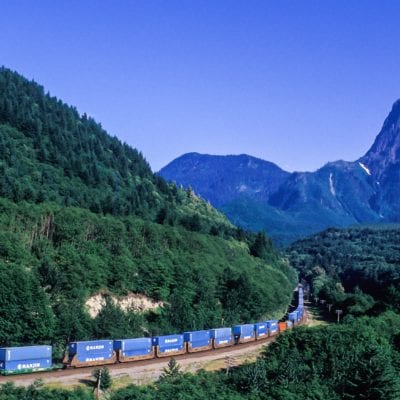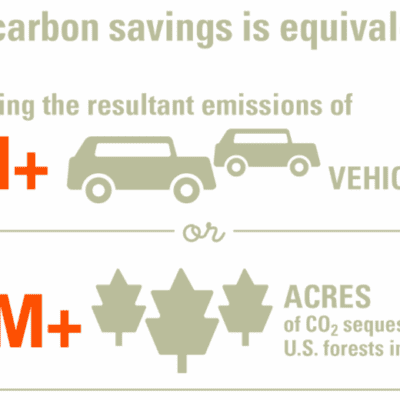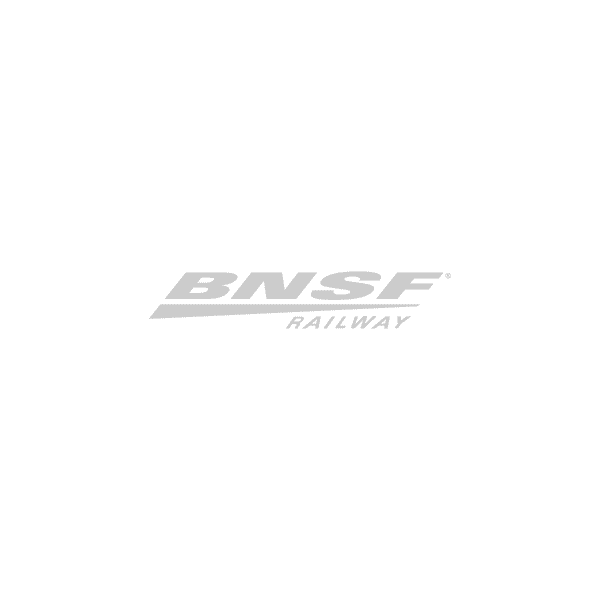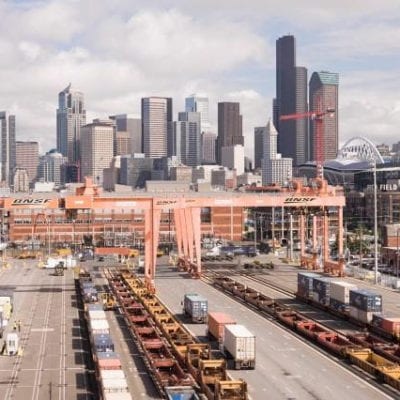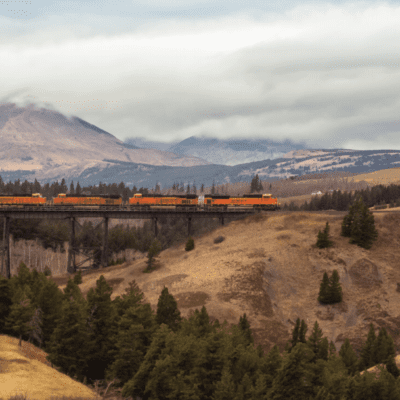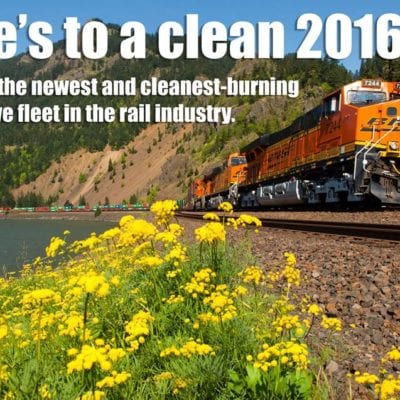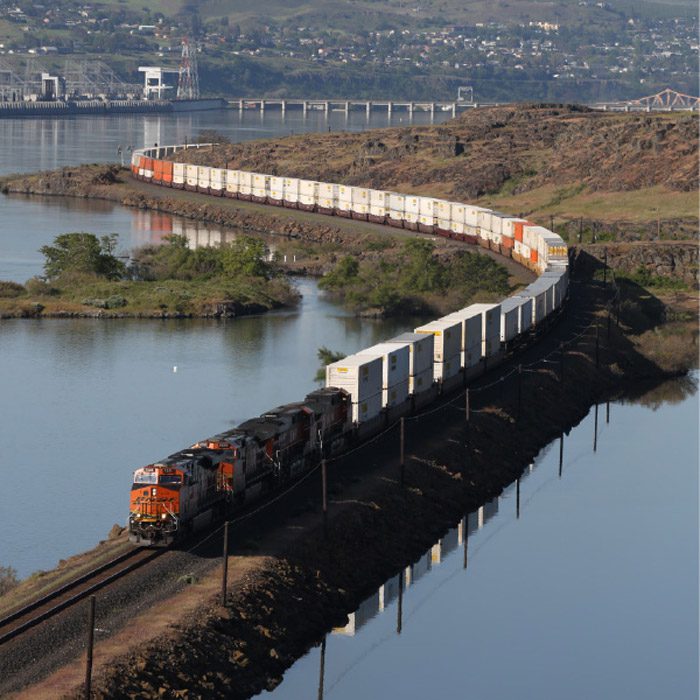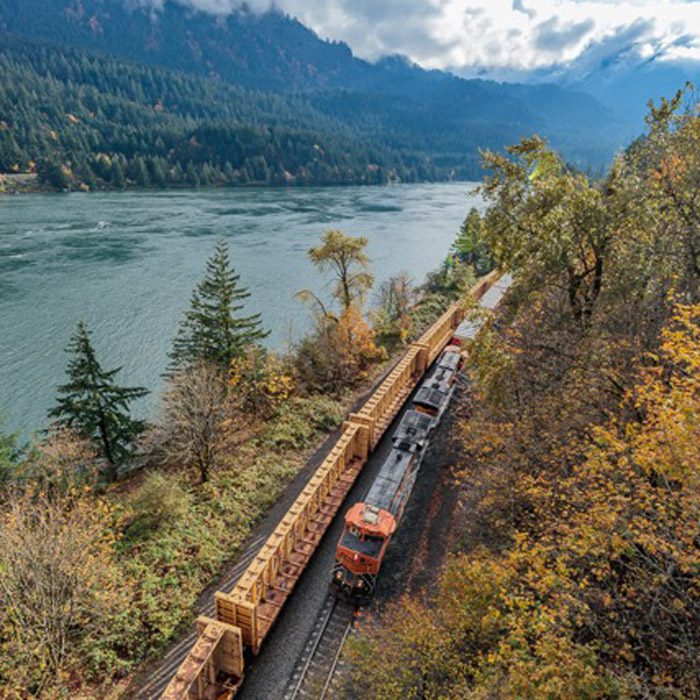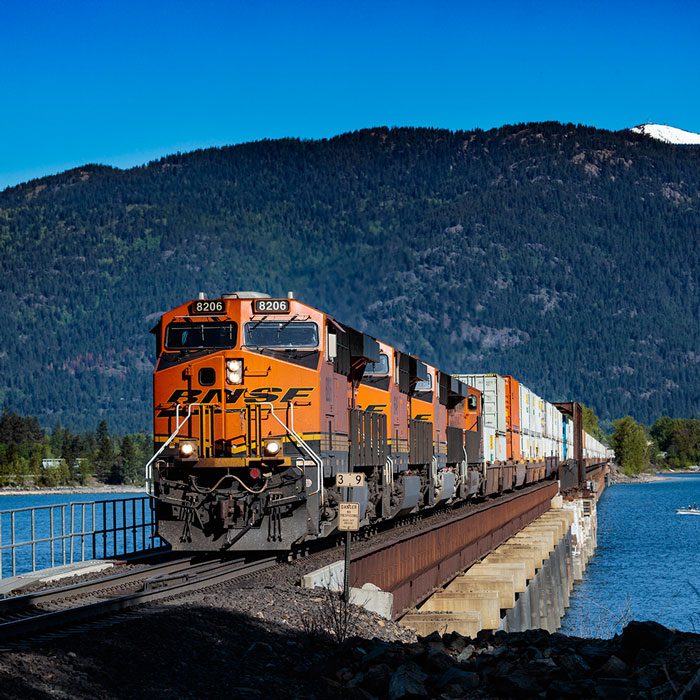BNSF Helps Customers Reduce Carbon Emissions
BNSF customers significantly decrease their carbon footprint by converting their shipments from trucks to trains. A single double-stack intermodal train removes several hundred long-haul freight trucks from the highway. In fact, no other form of land freight transportation is by its very nature more fuel- and resource-efficient than rail. Rail also provides tremendous benefits by…
Read More
